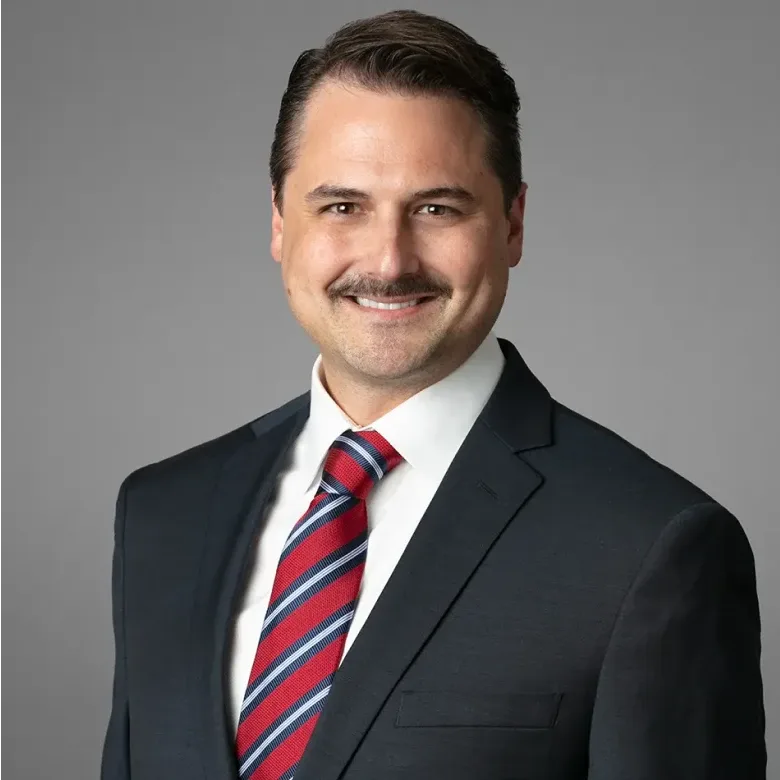The laws surrounding the question remain surprisingly unclear.
Have you thought about who will inherit access to your digital footprint, from emails to bank and social media accounts and everything in between, after you pass away?
It’s worth considering, given the laws governing post-death digital assets access remain surprisingly limited and murky.
Digital assets – and the matter of who has access to them after death- likely seemed a lot more novel back when the Uniform Fiduciary Access to Digital Assets Act (UFADAA) was first introduced to state legislators.
Back then, Facebook was floating just shy of a million users (ten years later, it welcomed its billionth user), cryptocurrencies were the subject of science fiction, and the notion of never stepping into a bank again because you have a phone that handles everything for you was absurd.
But by 2015 – when the state-by-state efforts to pass UFADAA in Texas, Delaware and 25 other states contemporaneously failed – one would think the need for nationwide uniformity on the issue. UFADAA sought to provide fiduciaries with the same right of access as the account owner had during the account owner’s lifetime.
Furthermore, If the fiduciary lacked access to passwords and usernames, the fiduciary could request the same from the digital custodian.
The legislative efforts were opposed by human rights advocates like the ACLU in a rare team up with heavyweight tech companies like Yahoo!, Google and Facebook, who cited privacy and consent concerns while acknowledging the need for an immediate answer on the issue of a fiduciary’s access to digital assets.
More than eight years later – at a time where it’s become increasingly common for a person’s entire worth to be tied to their digital real estate – that answer still varies widely on a state-to-state basis. Texas Estates Code Chapter 2001 outlines the adoption by the Texas Legislature of the Revised Uniform Access to Digital Assets Act (“TRUFADAA”).
Under Texas Estates Code Section 2001.002(8), digital assets are defined as electronic records in which a person has a right or interest, which includes emails, cell data, text messages, photographs, digital music and video, social media accounts, online financial, utility, credit card, and loan accounts.
There has thankfully been an effort to revive the core components of UFADAA, with major rewrites addressing privacy and consent issues, under legislation conveniently titled the Revised Uniform Fiduciary Access to Digital Assets Act, RUFADAA.
The revised legislation allows fiduciaries to manage digital property like computer files, digital domains and virtual currency, while placing restrictions on the fiduciary’s access to electronic communications such as email, text messages, and social media accounts unless the original user consented in the digital custodian’s terms of service agreement, a will, trust, power of attorney, or other record.
The legislation’s passage in 13 states – with more likely on the way – couldn’t be better timed given the growing concerns about artificial intelligence and its application in law and finance among other industries.
In conjunction with state laws and orders governing their use, artificial intelligence could actually be an effective tool for accessing these digital assets in a way that further eliminates privacy and consent issues. The U.S. Northern District of Texas for example now orders all attorneys and pro se litigants to file a mandatory certification regarding the use of general artificial intelligence.
Until a day where RUFADAA is fully implemented nationwide however, it’s best not to leave these things to chance. Trusts and wills should be written to clearly dictate who can access what, and if there are things they should not access, be specific. These are words a judge can act upon that will ensure your inheritors get access to what they need as quickly as possible.
Further, if you are experiencing difficulties accessing a decedent’s or a predecessor trustee’s digital information, RMO LLP can assist in obtaining court intervention.
RMO LLP provides personal and efficient inheritance dispute services to individual and institutional clients. The firm’s attorneys focus on probate litigation involving contested trust, estate, probate, and conservatorship matters. Serving California and Texas, with offices in Los Angeles, Pasadena, Orange County, San Diego, Fresno, the Bay Area, Dallas, and Houston. For more information, please visit RMO Lawyers.



